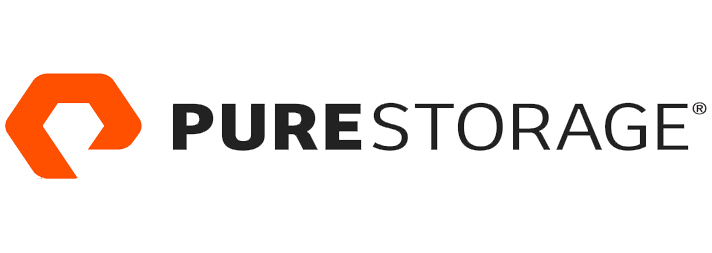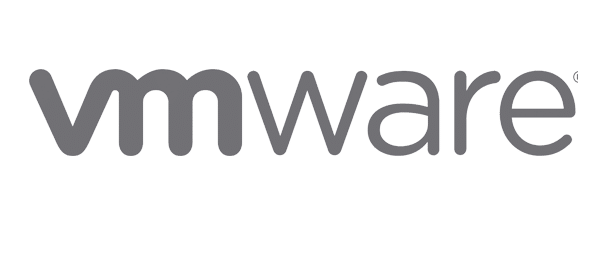4 Ways Colocation Providers Prepare Businesses for Growth
Colocation is an IT architecture in which the majority of an organization’s infrastructure is located in a cloud service provider’s data center instead of onsite. This facility typically contains the equipment from multiple clients, allowing them to share operating costs such as power, cooling and security. Clients that partner with colocation providers essentially lease space for the hardware, which is housed in compact forms such as cabinets, cages and racks. They still maintain control and ownership over their assets, but are no longer limited to their own locations or physical space.
Businesses often use colocation to handle rapid growth, especially when it’s sudden and unexpected. Colocation services can prepare your business for growth in the following four ways:
- Cost Savings
- Reliability
- Scalability
- Security

1. Colocation Providers Enable Cost Savings with Predictable Monthly Expenses
Cost savings is usually one of the most obvious and immediate benefits of using colocation data centers for businesses. A data center used by multiple tenants means that no single client is solely responsible for maintaining the data center. This arrangement reduces operational costs and an organization’s investment in hardware and space allocation.
Housing IT assets in a dedicated facility quickly becomes expensive when a business starts growing, primarily due to the power and cooling costs. These costs continue to rise as a business grows, regardless of how densely packed the facility is. Small to medium sized businesses are vulnerable to sudden increases in operational expenses, making colocation a particularly attractive option for them.
Managing these costs in-house is also challenging, since they can fluctuate considerably from month to month. The cost of hardware upgrades and IT staffing requirements are especially likely to change without warning. Energy and maintenance expenses are the responsibility of the hosting provider, who charges the client a fixed fee on a monthly or annual basis (using a consumption based model). Colocation providers allow clients to shift the costs of acquiring a data center from a capital expenditure to operational expenses, which is much easier to justify. This approach thus results in a more accurate budget and efficient allocation of resources.
The cost to deploy or refit an existing data center versus acquiring colocation space has become a large driver. Leveraging a colocation space can optimize time as well as capital investments.
2. Increase IT Reliability with Agreed-Upon Minimum Uptime from A Colocation Provider
Colocation data center providers aim for 100 percent uptime and utilize high levels of redundancy to achieve this goal. These data centers have redundant capabilities for all factors affecting uptime, including power, cooling and internet connectivity. When one system stops functioning, another takes its place with no or minimal disruption to services.
Redundancy is often impractical when an organization houses its infrastructure onsite, due to the need for a single organization to pay the cost of purchasing and maintaining all these systems. However, colocation providers typically use an N + 1 design, meaning that each critical system has at least one independent backup. The provider’s service level agreement (SLA) should provide the minimum uptime clients can expect as well as the consequences should uptime fall below that level.
Uptime is also highly dependent on hardware management. Colocation providers should also be able to explain how they monitor environmental factors such as temperature and humidity. Access to hardware is also important, since it affects the difficulty of maintaining equipment. Furthermore, colocation centers should generate alerts when they detect potential problems, allowing staff to take corrective action before they impact clients or end users.
3. Colocation Empowers Your Business to Scale Quickly
Scalable IT infrastructure is essential for today’s businesses, especially when they experience unexpected growth. The ability to implement high-density hardware configuration is just as important as distributing servers in physically separate locations. Organizations must also make these changes quickly to minimize downtime. Colocation allows businesses to easily scale their IT capacity to meet increased demand.
It’s technically possible to scale in-house infrastructure for rapid growth but the cost is often prohibitive for many organizations. Housing these assets elsewhere avoids this problem while still allowing a business to grow with its customers. The efficiency and return on investment (ROI) of scalability depends on factors such as the ability to meet the company’s future needs by scaling on demand. In addition to adding servers quickly, a colocation data center must accommodate configurations of greater density within the same physical space. It also needs to meet future requirements for greater power and cooling capacities.
4. Enhance Security with Access to Top-Tier Infrastructure
Security concerns are one of the most common reasons for an organization’s reluctance to move their infrastructure off premises. These concerns were well founded in the past, but modern colocation data center providers offer security that’s equal and often times better than virtually any on-premises facility. Security must be a priority for colocation services because the large amount of data they contain makes them an attractive target for hackers.
IT security includes both physical and logical security. Physical security includes methods of ensuring that only authorized personnel can access the servers. They consist of historical methods of restricting access such as fences, guards and locked doors as well as modern technology such as card readers and biometric scanners. Logical security controls access to the data itself, which includes measures like user identification, passwords and privileges. Colocation centers also provide intrusion detection services and firewalls.
Find IT Agility by Partnering with a Colocation Provider
Colocation is becoming a more popular option for organizations of all sizes. The most common reason for selecting this approach to infrastructure is when a business grows too quickly it becomes difficult to maintain infrastructure in-house. This can occur when the facility lacks the physical space to hold additional infrastructure or its power and cooling capacities are inadequate. Colocation data centers address both of these issues by using highly dense hardware configurations designed to maximize the computing resources they contain. Clients are thus able to increase their infrastructure without using their own floor space. Another reason for their popularity is around cost for maintaining of existing data center floor space. Time will bring the need to refresh existing components such as UPS or HVAC, etc. These can become extremely costly to maintain and can also be a driver along with space to look at colocation as a possible option.
For more information on colocation, reach out to ComportSecure’s cloud team. We can help you facilitate a move and help you determine a strategy for your corporate data that can include colocation, on-premise or a mixture of both.



























